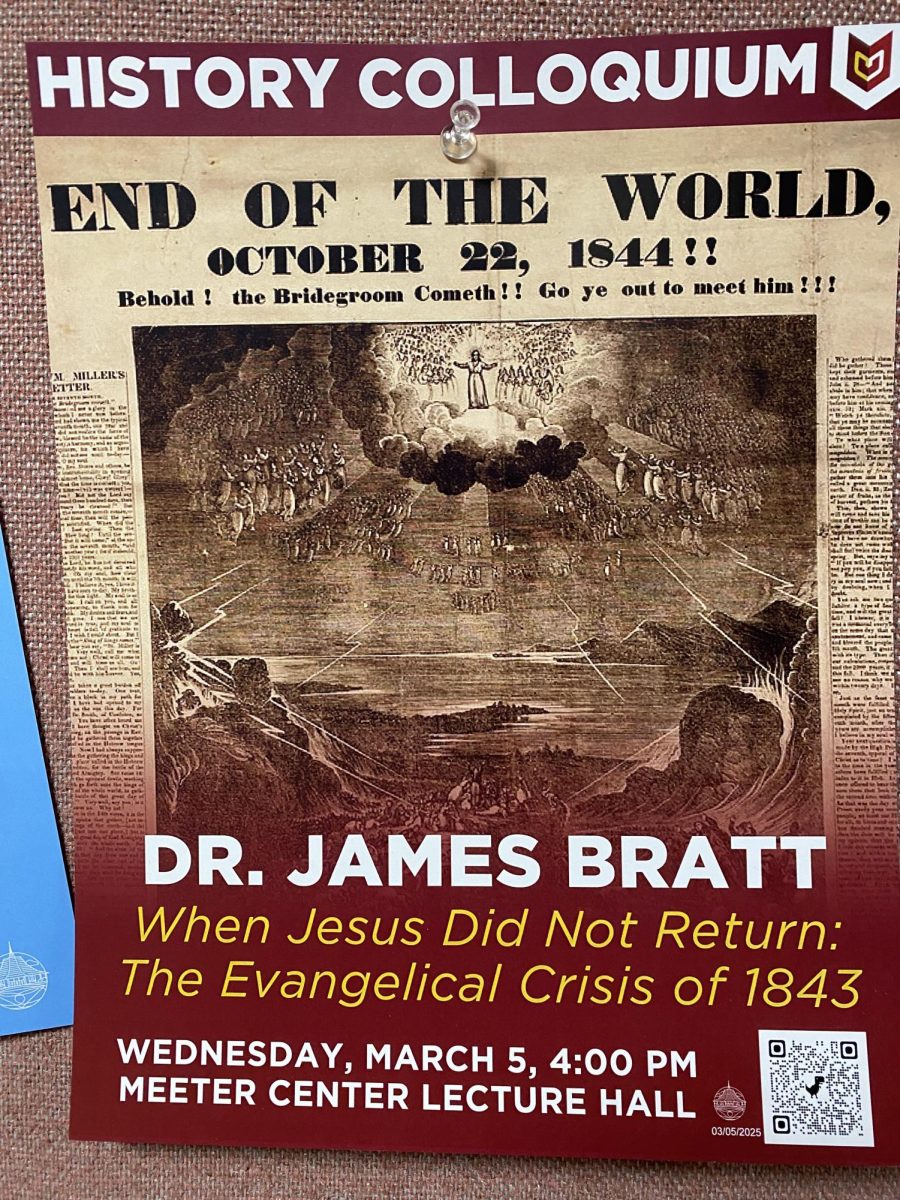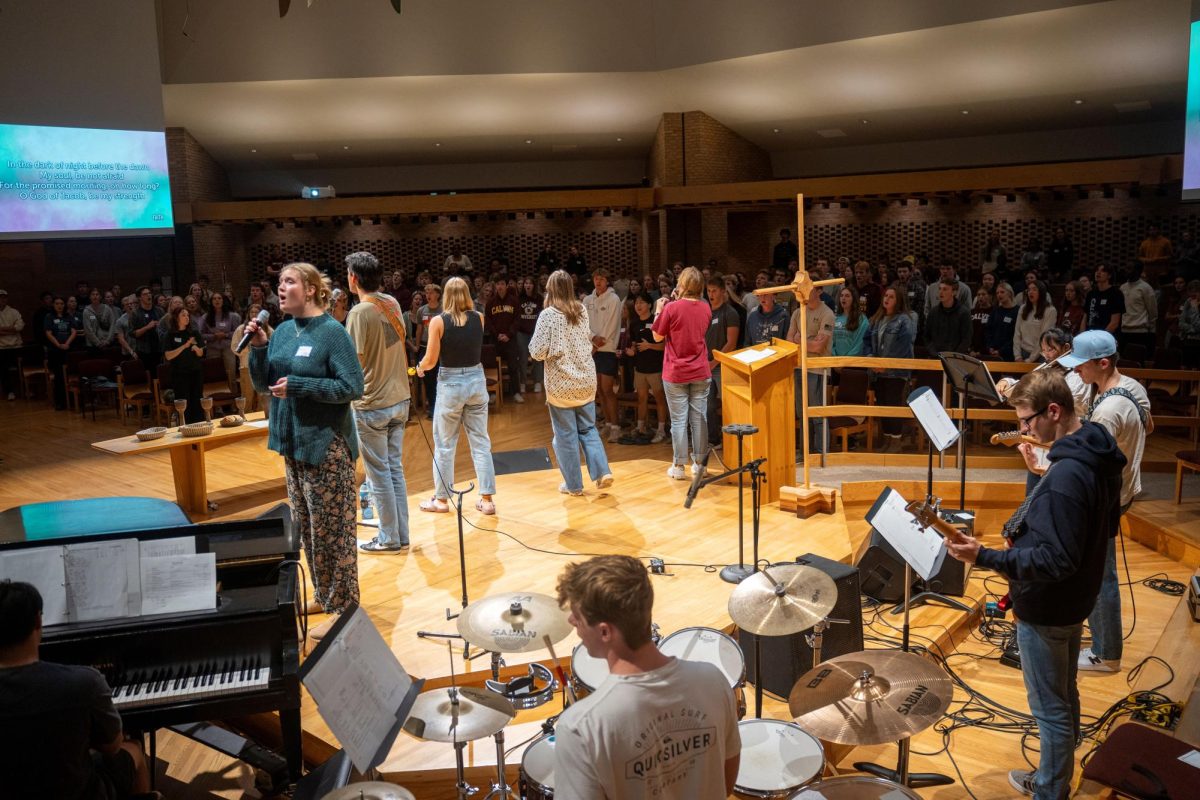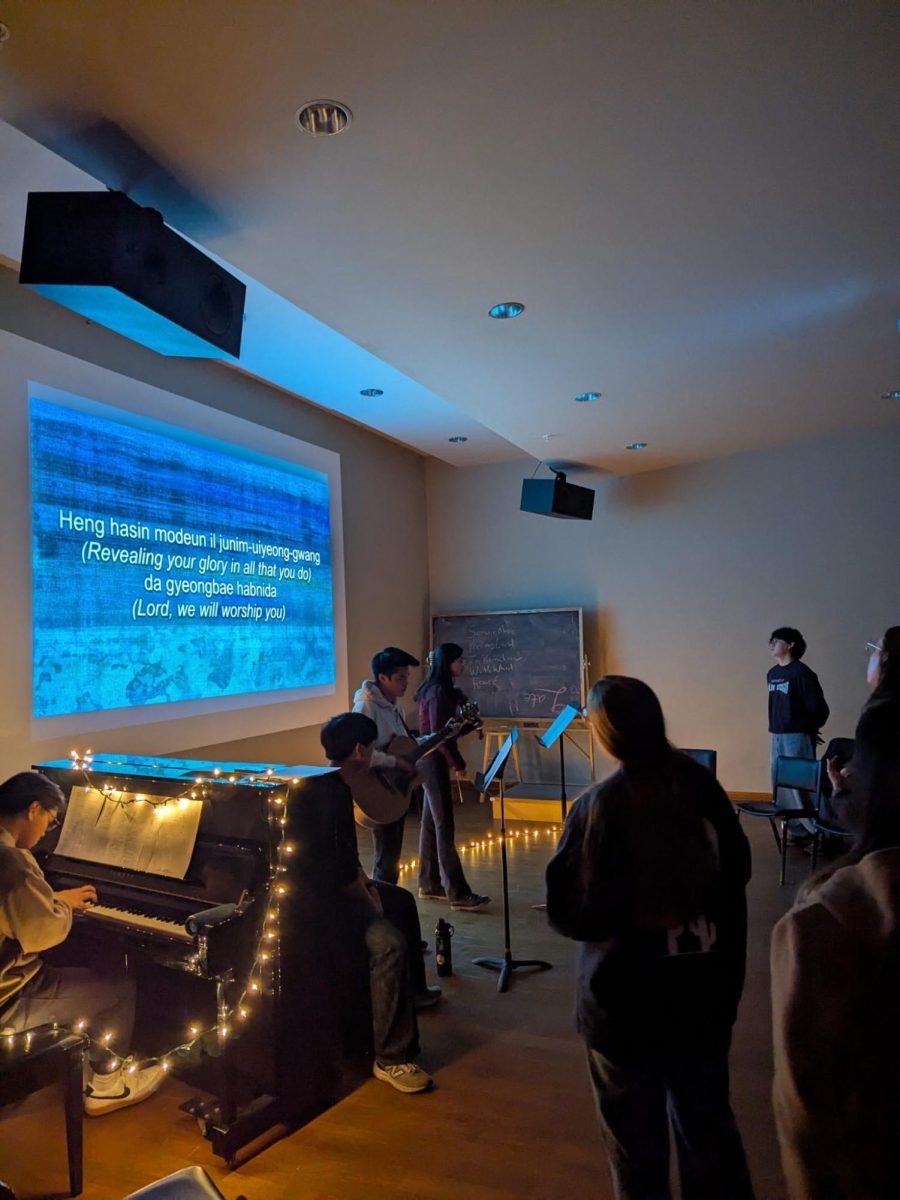While one might not think of asking questions as a spiritual exercise, New York Times columnist David Brooks, in his book How to Know a Person, suggests that practicing curiosity is formative both in shaping character and in developing community.
We are living in an epidemic of loneliness and dehumanization — an issue perpetuated by the constant presence of social media, a polarized political environment, and a career-centric world. While on a cognitive level, we might understand that these things can be combated by building community or investing in friendships, these ideas are too vague to stimulate real change in our lives. In reality, the evil of dehumanization can only be combatted through small, tangible social interactions on the daily.
This, according to Brooks, is where asking questions comes in: above all else, human beings want to be seen. The greatest evil is indifference, not hate, animosity, or unkindness. Brooks divides people into two categories: Diminishers and Illuminators. Diminishers make people feel small and unseen, as “they see other people as things to be used, not persons to be befriended. They stereotype and ignore.” Illuminators have a “persistent curiosity,” and a constant desire to understand others. “They shine the brightness of their care on people and make them feel bigger, deeper, respected, lit up,” Brooks writes.
Being an intentional question-asker means that we recognize that we live in a diverse and pluralistic society, but says to others, “I want to try to see the world the way you see it.” Asking questions that encourage people to share their stories is a practice of humility. It is a tangible, concrete way we can be Illuminators to those we surround ourselves with.
A marker of a good question is being open and allowing the other person to share a piece of their narrative. According to Pastor Mary Hulst, some good questions to see people deeply include: “How has this experience shaped you?” “Why does this matter to you?” “What in your story has gotten you interested in…?”
Hulst also encourages students to pay attention to what makes people’s faces light up, to notice these things, and to tell people about them. She also talks about the importance of letting others know that, “even when you were not in my presence, you came to mind.” Follow-up questions, like “Tell me more” or “Help me understand that more,” are also extremely useful.
“We all need this — someone who calls out the best in you,” Pastor Mary explained. These acts of intentionality may seem small, but make an incredible difference in the lives of others as well as in our own selves.







Betty Hommel • Oct 30, 2024 at 1:00 pm
I love how you wrote this. Ella and I agree totally thank you!